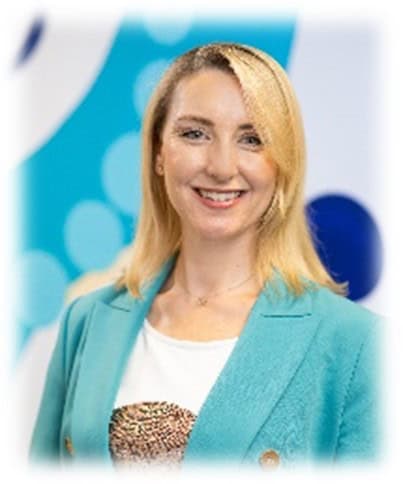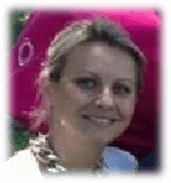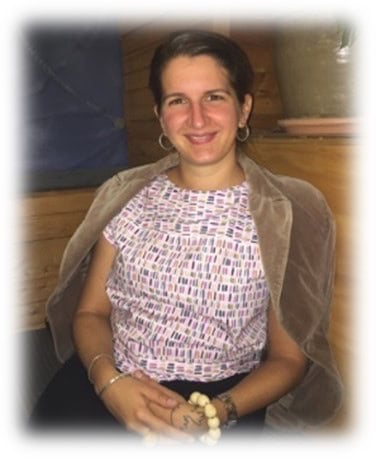The group will aim to better understand the experiences of students who are culturally and linguistically diverse in enabling programs, and their perceptions of how supports, or lack of, might impact their engagement and success in the programs.
The group will explore how the cultural and linguistic diversity of the student cohort might affect enabling practitioners’ experiences and interactions with students, and their design of course content and approach to teaching.
Traditionally, students who speak home languages beside English have been framed as NESB, EAL/D or ESL, however in other contexts students are referred to as bi-/multilingual (ACTA 2022). A shift in how these students are positioned in the Australian HE context could be an important consideration in the exploration of student voice and agency. The group will discuss how framing students as NESB, amongst other Anglophone dominant terminology, might detract attention from the rich cultural and linguistic perspectives these students contribute to the teaching and learning environment.




